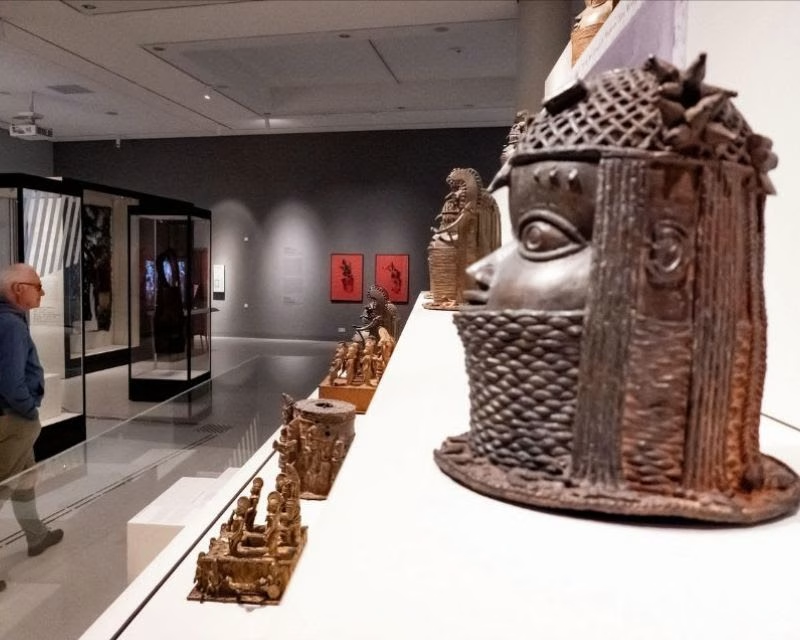Dropped Charges Against Former Somali Region President Reinforces Impunity
- By: Laetitia Bader | Director, Horn of Africa
- Photo: Front gate of Jail Ogaden, May 2019. © 2019 Felix Horne/Human Rights Watch
This week, Ethiopian authorities dropped all charges and released Abdi Mohamoud Omar, also known as “Abdi Illey,” the former president of Ethiopia’s Somali region, after serving more than five years in prison. The action is a setback to ending impunity for crimes involving senior officials.
State media reported that Ethiopia’s Ministry of Justice took the action for the “sake of public interest.”
Federal officials initially arrested Abdi Illey in 2018 for “violations of human rights and inciting ethnic and religious conflict in the Somali region,” and charged him in 2019 for his role during his last days in office, when Somali youth groups loyal to him and Somali regional special forces, called the “Liyu police,” attacked non-Somali groups. The charges also covered the destruction of churches and property in the Somali regional capital of Jigjiga.
But the authorities never brought charges against Abdi Illey for crimes during his decade of abusive rule.
As regional security chief in 2006, and president from 2010-2018, Abdi Illey oversaw and commanded the Liyu police. Human Rights Watch documented that the Liyu police frequently committed serious rights abuses against civilians throughout the Somali region during counterinsurgency campaigns, including extrajudicial killings, torture, and rape, as well as reprisals against local communities.
In 2018, Human Rights Watch reported on the abuses during Abdi Illey’s rule, notably the pattern of torture and abuse in Ethiopia’s notorious Jail Ogaden, where prisoners were denied access to adequate medical care, family, lawyers, and at times, food. Former prisoners implicated Liyu police members, prison guards, and senior Somali region officials in rape, and widespread and routine torture, from which some detainees died. Abdi Illey himself was known to regularly visit the prison.
For victims of abuse under Abdi Illey’s rule, the decision to drop the charges is a devastating blow.
A 42-year-old former prisoner at Jail Ogaden told us: “We cannot forgive him for what he and his [Liyu] police have done to our people. He has destroyed a generation… He must face justice for what he has done.”
By failing to hold Abdi Illey to account for the many rights violations during his rule, the Ethiopian government is sending the message that impunity remains the order of the day.
With the government reportedly just weeks away from launching a nationwide transitional justice policy, the authorities need to reverse course and demonstrate a willingness to tackle accountability for serious abuses.











